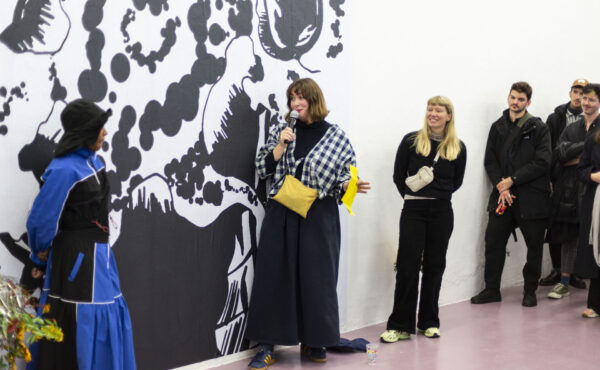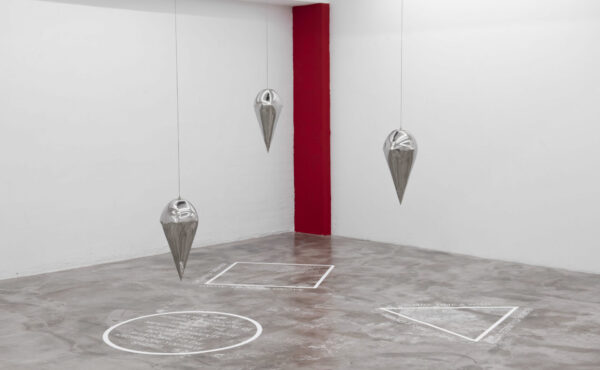
The Torn First Pages: Amar Kanwar’s personal need to understand

How easy was it for us to forget about the cyclone in Burma? About the Burmese governments’ refusal to accept international aid? About the decade long struggle of the Burmese Democratic Movement against the country’s dictatorial regime? In the small booklet accompanying The Torn First Pages, part I, the installation by Indian filmmaker Amar Kanwar at the Stedelijk Museum CS in Amsterdam, states something similar: ‘News photographs gain worldwide visibility for a day and then often disappear from public memory’. There is however also a different question that can be asked: How difficult is it to actually try and understand what really is going in Burma?
It is this question that seems to have driven Kanwar more than any other during the making of The Torn First Pages. ‘I’m an individual, who is also an artist, who is also a filmmaker. If I think something is happening and I should respond, I do. And if you respond, that means you’re active, but I’m not a professional activist. In the case of Burma, I had many questions. I met some Burmese refugees in New Delhi. When I got to know them better I began to realise, to my shock, how little I knew and what an incredible struggle it was [between the dictatorial regime and the Democracy Movement of Burma ed.] and how many young people, students, generations had gotten involved in it. I was upset about how little I really knew, or understood of one of my neighbouring countries, but was also very much struck by their resilience, by their courage, their sense of humour. So I responded. But it is very difficult to genuinely understand Burma; it’s a highly complicated country, with many ethnic nationalities, each with its own national movements, and a complicated history, which is even difficult to understand for an Indian like me.’

The Torn First Pages, of which only the first part is on view at the Stedelijk, is the result of Anwar’s attempt at understanding Burma’s complexities specifically and South Asia’s in general. The title refers to the Burmese bookseller Ko Than Htay who was sentenced to three years in prison for tearing out the first page of every book he sold, thereby removing the mandatory slogans of the military regime printed on this page in every book, magazine and newspaper in the county.


The five channel installation, projected on paper sheets, approaches Burma’s situation from different angles. It changes from cautious (The Bodhi Tree: about the activities of Burmese artist Sitt Nyein Aye), to mocking (The Face: dictator Than Shwe’s throwing of rose petals over Gandhi’s last resting place over and over again) and direct (Ma Win Maw Oo: about the shooting of student protestors in 1988). Kanwar explains: ‘When you are trying to understand something, you don’t necessarily have to go straight into it. You can go around it and around it, and suddenly you understand a little bit more, collecting as you go. In a way I look everywhere, but understand in Burma.’
In conjunction with The Torn First Pages, part I in the Stedelijk Museum in Amsterdam, Kanwar is exhibiting The Lightning Testimonies (also shown at Documenta 12) at the SM’s in Den Bosch. The entire Torn First Pages trilogy will debut at the Haus der Kunst in Munich from October 8th to November 9th 2008.
Erik van Tuijn


